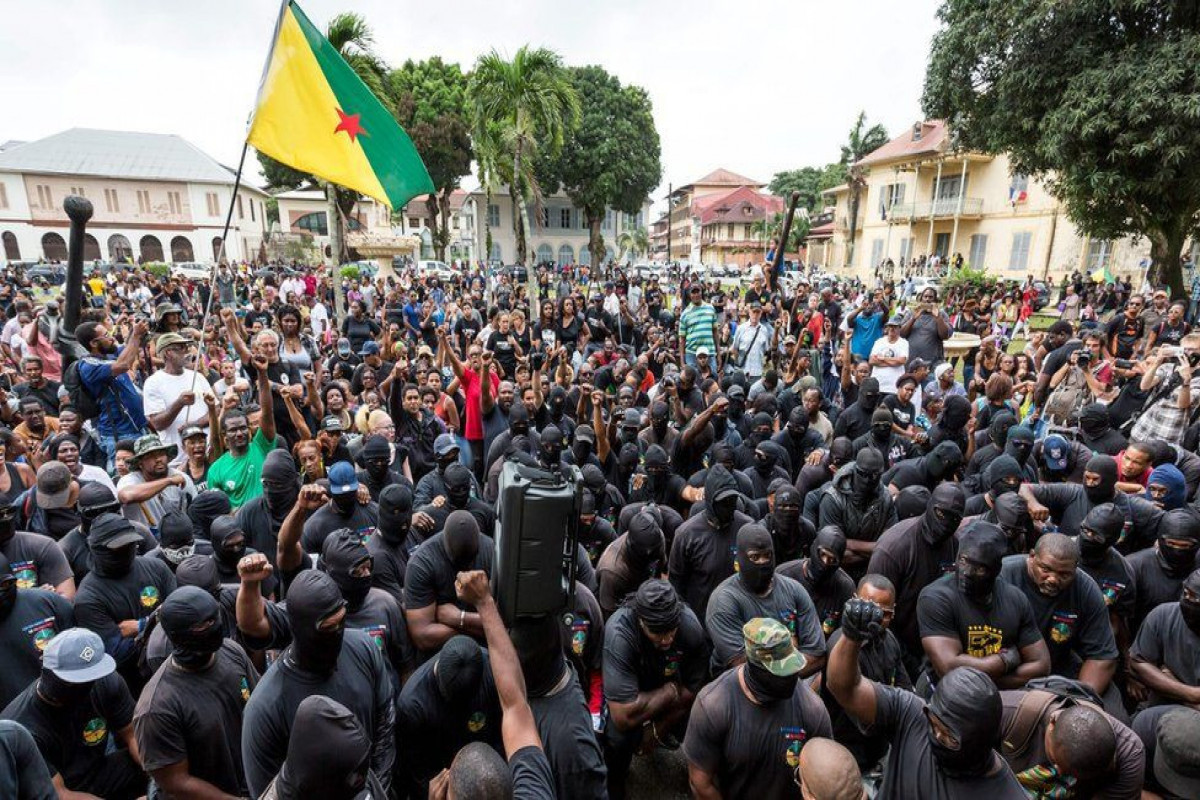Iraqi Kurdistan: Towards broad autonomy from political movements
In the past century, Iraqi Kurdistan has emerged as one of the most dynamic regions in the Middle East, witnessing active socio-political processes. Various political movements that started in the early 20th century have evolved and progressed towards the recognition of Kurdish autonomy by the 1970s. However, it took an additional 20 years for democratic freedoms to emerge in Iraqi Kurdistan. Despite the agreement on autonomy with the central government, the repressive socio-political situation that existed in other regions of Iraq over the past 20 years persisted in Iraqi Kurdistan as well. However, the situation began to change here after the defeat of Saddam Hussein in the Gulf War. In 1991, following the uprisings against Saddam, the United States and allied forces launched "Operation Provide Comfort" to protect Kurdish refugees. They declared a no-fly zone over a significant portion of Iraq, but this restriction was not enforced in the regions where the Kurds resided.
After bloody clashes, in October 1991, the central government finally withdrew its forces from the region, and Iraqi Kurdistan began to pursue de facto independent policies. From 1996 onwards, as a result of agreements reached with the central government, the region started to experience economic prosperity and improvement.
Following its occupation by the United States, Iraq adopted a new constitution in 2005, which introduced a federal governance system in the country. Kurdistan, including the provinces of Erbil, Sulaymaniyah, and Dohuk, was recognized as one of these federal regions. The new constitution also acknowledged the decisions taken by the Kurdistan Regional Government (KRG) since its establishment in 1992.
Iraqi Kurdistan's Economy
The economy of Iraqi Kurdistan is primarily driven by the oil industry, agriculture, and tourism. The region is reported to possess around 20% of Iraq's total oil reserves. The presence of relative stability and security in the region for an extended period has created favorable conditions for economic development and the implementation of investment projects. As a result, the per capita income in Iraqi Kurdistan has been up to three times higher compared to other regions of Iraq. This is mainly due to the contracts with foreign oil companies, with Norwegian, Canadian, and American companies currently operating in the region's oil sector. Furthermore, Iraqi Kurdistan currently has four special economic zones in its possession. Some of these zones are home to the largest pharmaceutical production and food industry factories in the Middle East. However, the issue of exploiting the significant oil and gas reserves owned by Iraqi Kurdistan has led to a series of disputes, both between the central government and the Arabs and Kurds, resulting in bloody conflicts in some cases. However, it is expected that the agreement reached through the mediation of OPEC between the Prime Minister of the Kurdistan Regional Government (KRG), Masoud Barzani, and the Iraqi Prime Minister, Mohammed al-Sudani, during their visit to Baghdad on April 4th of this year, will put an end to the 20-year-long dispute between the parties. This agreement, which determines the responsibilities of the parties involved, can lead to long-term economic stability for both the Iraqi Kurdistan region and the entire country of Iraq.
International Relations of the KRG
Iraqi Kurdistan, with its rapid economic development and political stability, strives to conduct an independent foreign policy separate from the central government. Currently, the KRG has representation in 14 countries, while the capital city of Erbil hosts diplomatic missions from 30 countries. Türkiye is among the countries that have the closest economic and political relations with Iraqi Kurdistan.
It is reported that an investment of $5 billion has been made from Türkiye to Kurdistan Region to date.
The visit of the Head of the Kurdistan Region, Nechirvan Barzani, to Türkiye and his participation in President Recep Tayyip Erdogan's inauguration ceremony indicate the presence of good relations between the two sides.
Naturally, there are also good relations between the Kurdistan Region of Iraq and Azerbaijan. On February 18th, within the framework of the Munich Security Conference, the President of the Republic of Azerbaijan, Ilham Aliyev, had a meeting with the Head of the Kurdistan Region, Nechirvan Barzani. During the meeting, Nechirvan Barzani stated that there is great potential for the development of relations between Azerbaijan and the Kurdistan region of Iraq. Barzani also noted that he could explore trilateral cooperation projects with Türkiye and Azerbaijan. President Ilham Aliyev also emphasized the great potential for the development of economic and trade relations between Azerbaijan and the Kurdistan Region of Iraq. The head of state highlighted the possibility of establishing direct contacts between business circles, creating various institutions in the form of business councils to address relevant issues.
Tourism relations also exist between Azerbaijan and the Kurdistan Region of Iraq.
It is worth noting that Azerbaijan has very close political and economic relations with the central government of Iraq. This year marks the 31st anniversary of the establishment of diplomatic relations between Azerbaijan and Iraq. Overall, Azerbaijan and Iraq have signed five agreements on cooperation in various fields. Recent economic statistics show a sharp increase in Azerbaijan's imports from Iraq, with Iraq being among the top countries importing food products from Azerbaijan.
Furthermore, both Azerbaijan and Iraq fully recognize and support each other's territorial integrity and sovereignty.
Iraqi Kurdistan against PKK, ISIS, and other terrorist groups
According to the Iraqi constitution, the Peshmerga forces, who are responsible for the security of the Kurdistan Region of Iraq, play a significant role in curbing the activities of various terrorist groups in the Middle East. The Peshmerga, in particular, actively engage in the fight against the PKK and ISIS terrorist organizations, inflicting significant losses on them.
The conflicts between the Kurdistan Region of Iraq and the PKK have escalated to serious confrontations on several occasions. In this confrontation, the PKK employs guerrilla warfare tactics and hit-and-run strategies, retreating to the mountains and remote areas after launching attacks.
The clashes between the Kurdistan Democratic Party (KDP), which is currently in power in the Kurdistan Region of Iraq, and the PKK have a history dating back to the 1980s. After suffering heavy losses in Türkiye in the late 1970s, PKK militants sought refuge in Syria and Iraq. Starting from the mid-1980s, they demanded control over certain areas in Kurdistan region that were under the influence of the KDP, resulting in further tensions between the two sides.
During the Iraqi Kurdish Civil War in the mid-1990s, the PKK, which had relatively good relations with the Kurdistan Patriotic Union (KPU) led by Jalal Talabani, launched attacks against both Peshmerga forces and members of the KDP. After the civil war ended, the terrorist group retreated to the Qandil Mountains. In the conflict between the parties, Türkiye supported the KDP against the PKK, and even intervened in the clashes on the side of the KDP. Türkiye also warned the KPU to cease its cooperation with the PKK. On September 25, 1997, in Ankara, an operation called "Operation Dawn" was initiated with the aim of achieving a ceasefire between the KDP and the KPU, as well as eliminating PKK strongholds. As part of the operation, thousands of terrorists were neutralized. Following negotiations, the leader of the KPU, Jalal Talabani, demanded that the PKK lay down their arms or leave Iraq.
After the capture of PKK leader Abdullah Öcalan in 2000, clashes occurred between the PKK and the KPU. In 2015, 2020, and 2022, the PKK carried out attacks on the KRG-Türkiye oil pipelines. In 2014, during the fight against ISIS, the PKK launched attacks from behind against the Peshmerga forces, taking advantage of the gaps and seizing control of certain areas in the Kurdistan Region of Iraq. According to the information provided by the KRG, the PKK occupied 515 villages in the Kurdistan region in 2015. In 2021, Masoud Barzani stated that Kurdish officials were unable to carry out the reconstruction of 800 villages due to the PKK. In the same year, the PKK ambushed and killed five Peshmerga fighters in Duhok.
Summary
Despite addressing all security issues, Iraqi Kurdistan is not only turning into an integral part of Iraq but also emerging as a rising region in the Middle East. With its favorable economic opportunities, abundant natural resources, and rich cultural and historical heritage, the region not only focuses on internal development but also pays attention to international relations, inviting foreign investors to capitalize on the country's potential economic sectors. Considering all of these factors, it is important to develop relations with the Kurdistan Regional Government (KRG), which has made significant contributions to regional security by countering the spread of terrorist organizations such as the PKK and ISIS. This is significant not only for Türkiye but also for Azerbaijan.


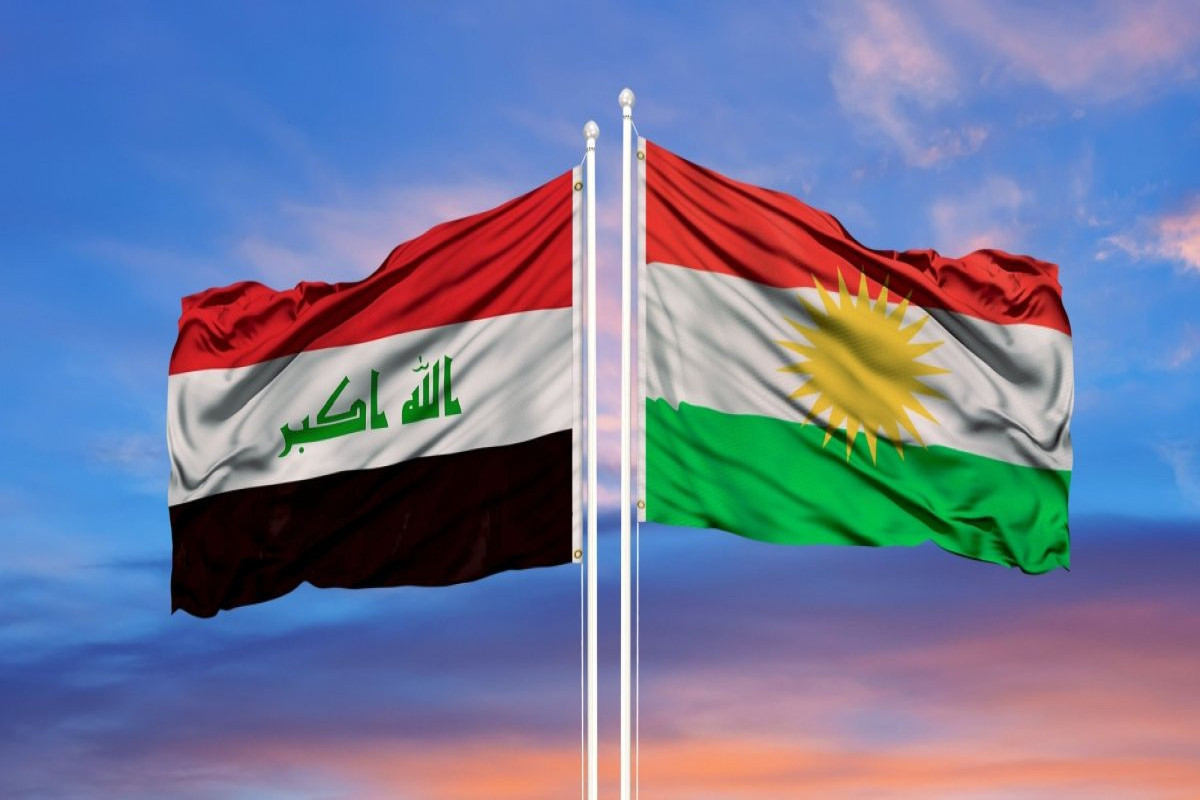
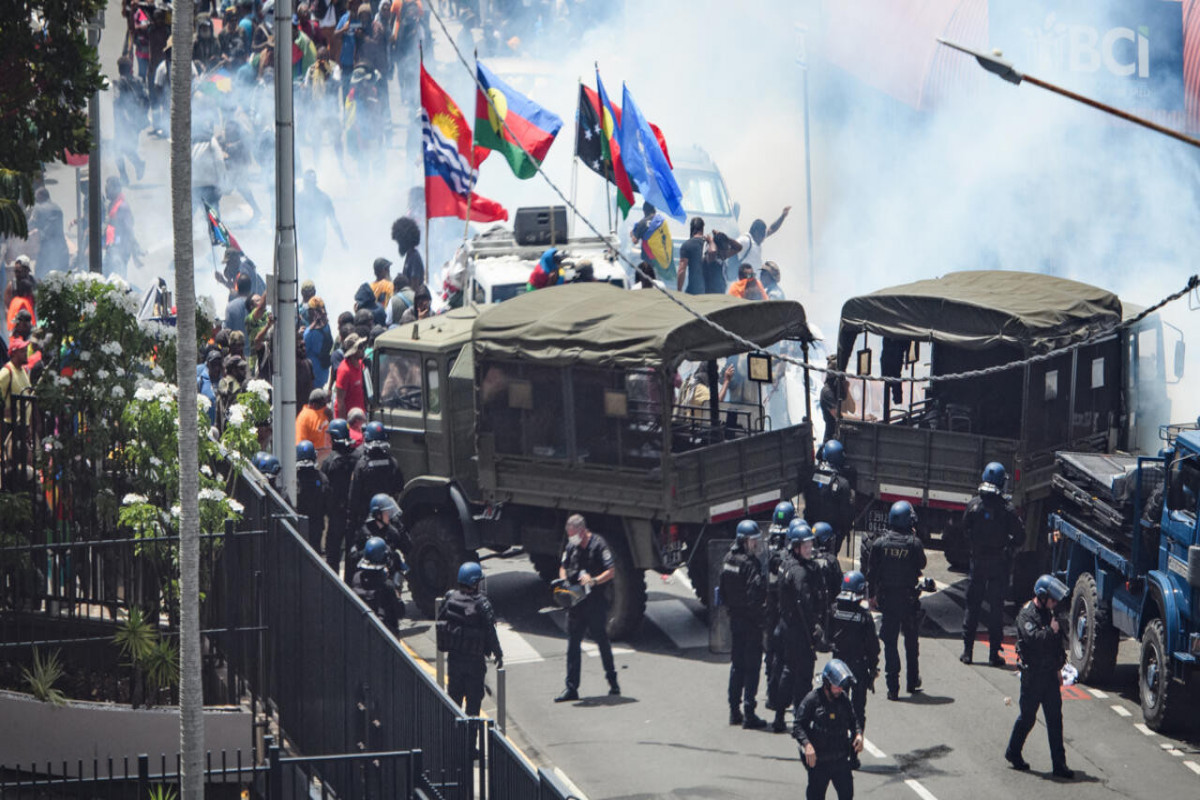 ANALYSIS'>
ANALYSIS'>
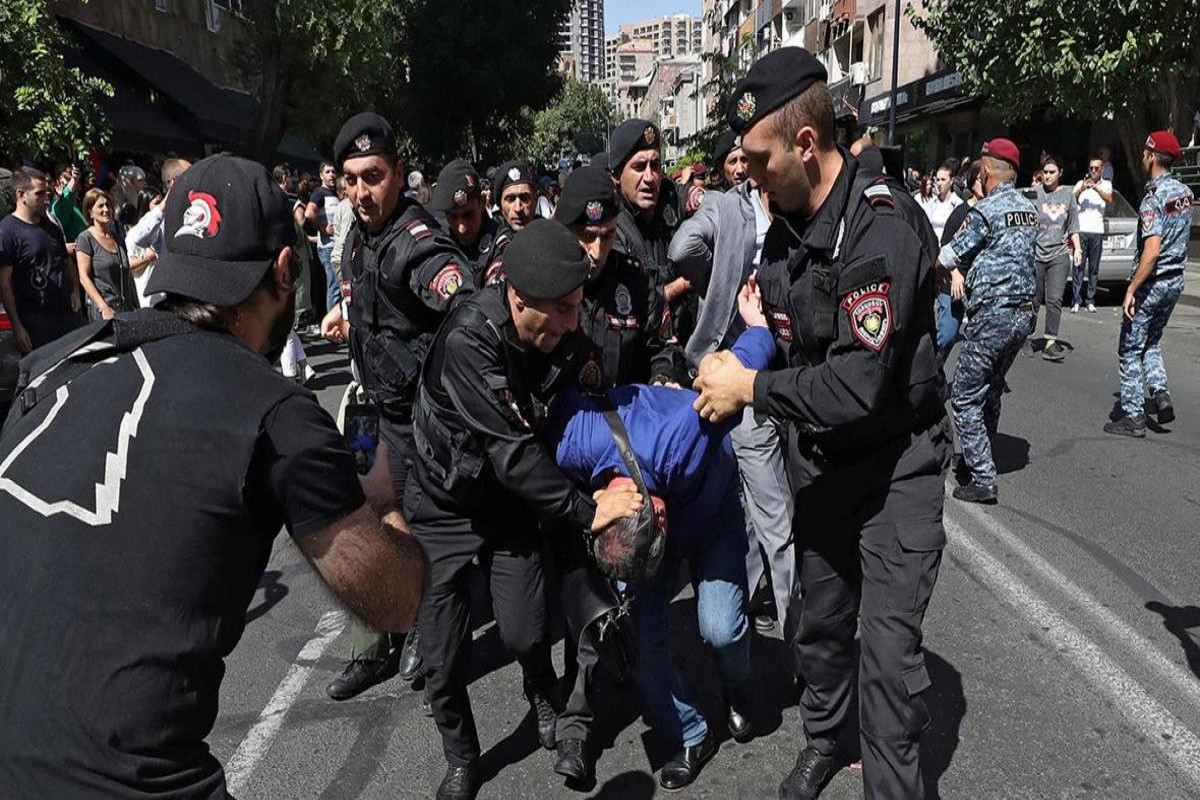
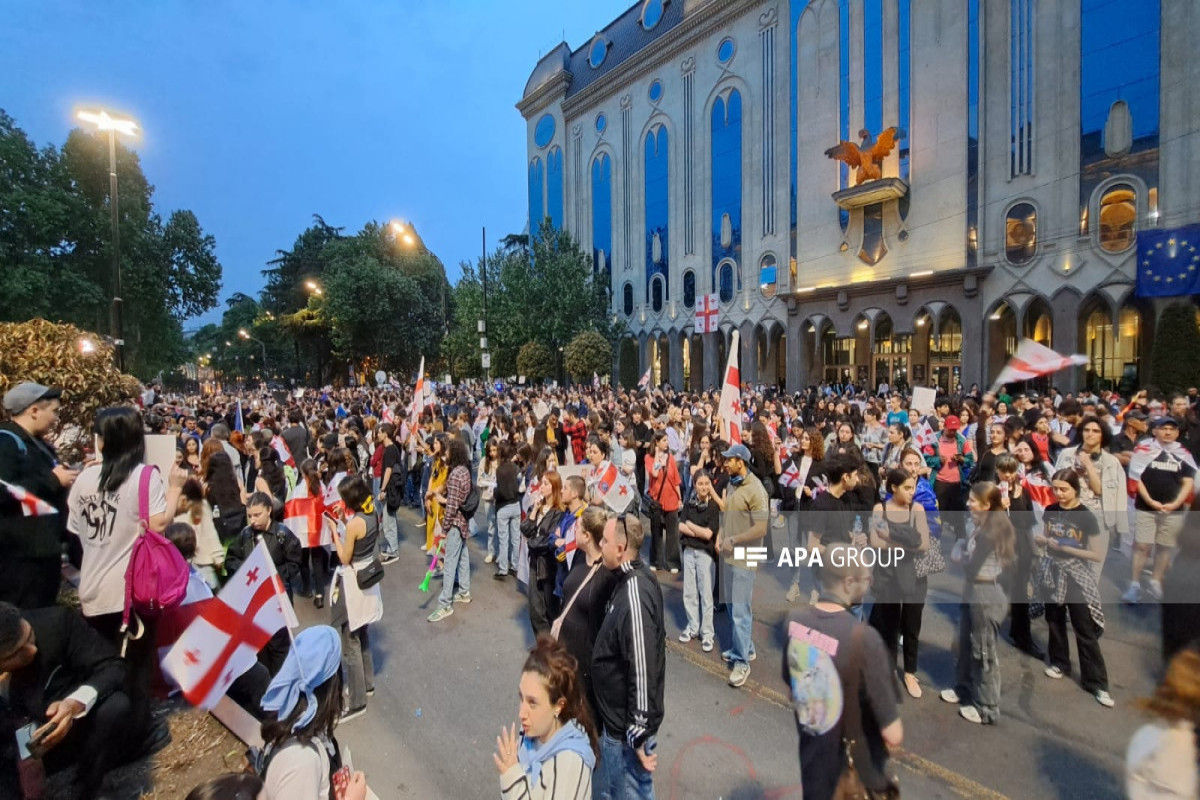 ANALYTICS'>
ANALYTICS'>
